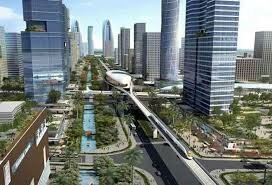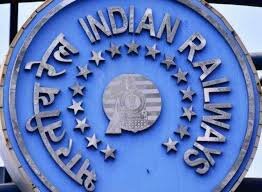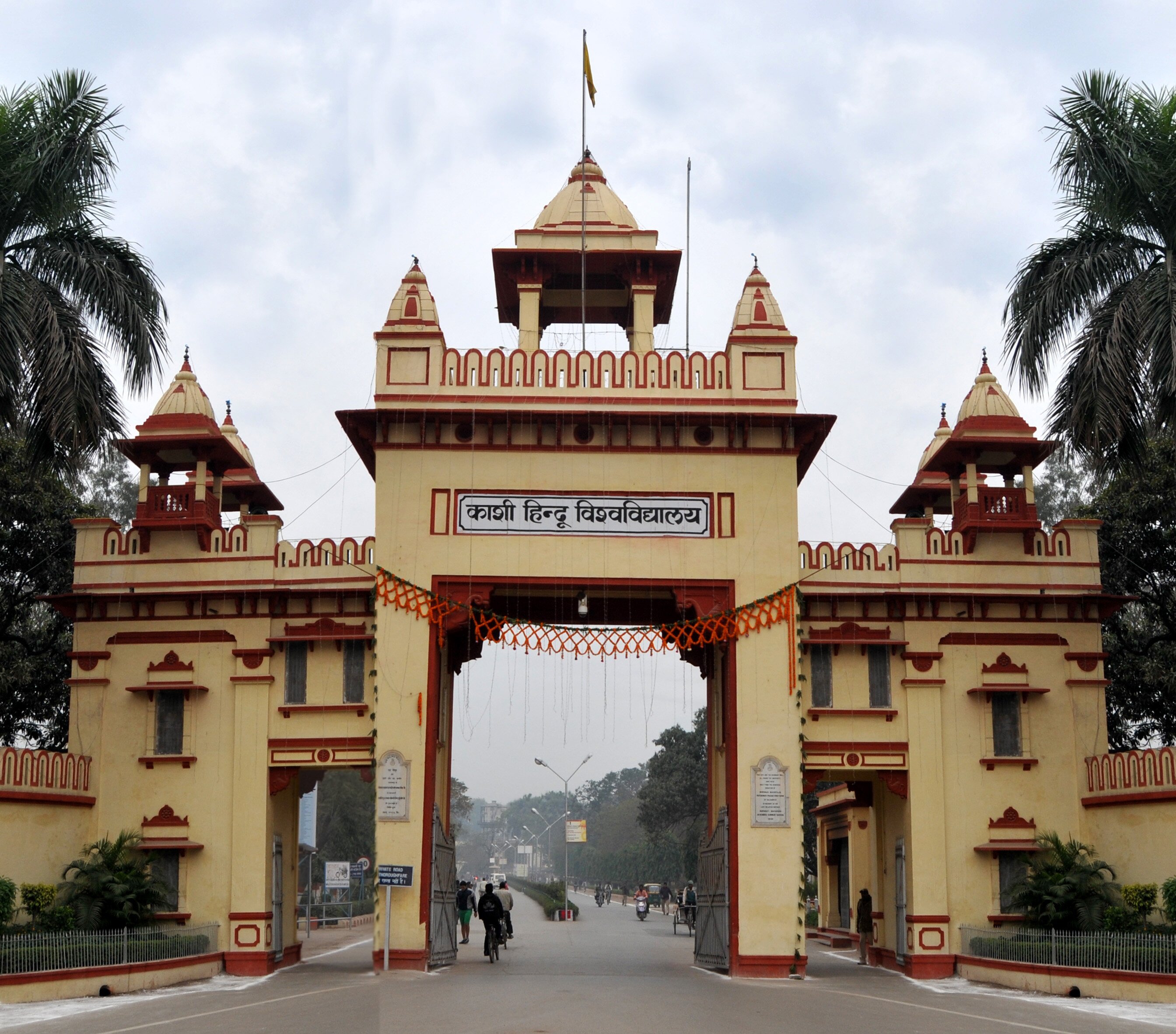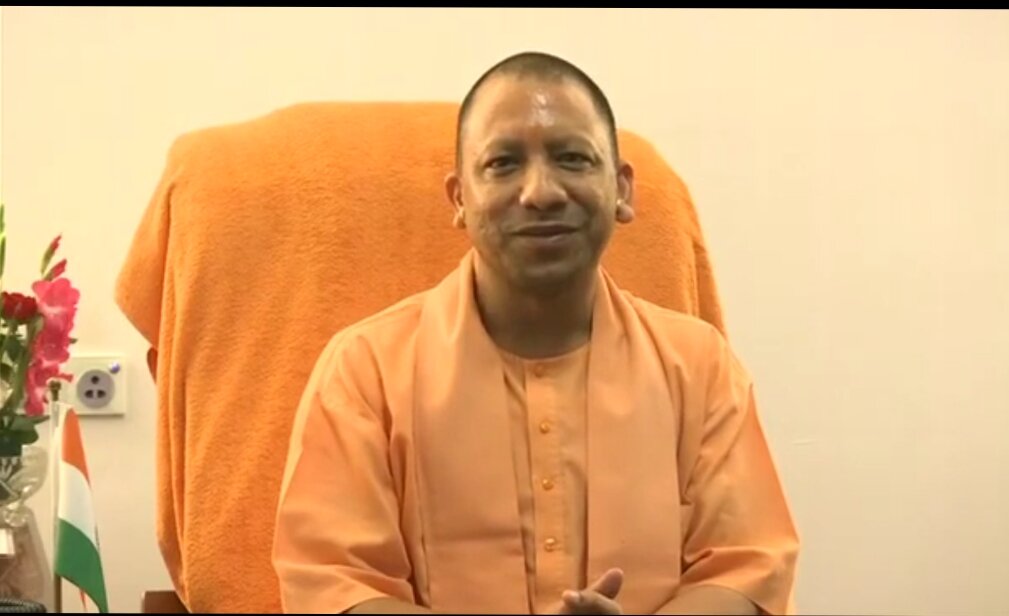Smart Cities Mission Redefining India

New Delhi: The purpose of the Smart Cities Mission is to drive economic growth and improve the quality of life by enabling local area development especially harnessing the technology that leads to the Smarter outcomes.
The Government of India launched the Smart Cities Mission on 25 June 2015 focusing on sustainable and inclusive development with the idea to look at compact areas, create a replicable model which will act as a lighthouse to other aspiring cities.
Several cities are experiencing overcrowding, causing a dearth of resources creating the worst impact on the environment. When technology advances, the concepts of artificial intelligence and the internet of things can be applied in planning Smart cities, which can gradually tackle several issues in a coexistent society.
Greenfield smart cities have the potential to maximize sustainability. The strategic components of the Smart Cities Mission are city improvement, city renewal and city extension (greenfield development) plus a Pan-city initiative in which Smart Solutions are applied covering larger parts of the city.
Development of well-planned and fully serviced new areas (greenfield) will be encouraged around cities in order to accommodate the rapidly expanding population in urban areas.
Quality of life is determined by various parameters, some of the core infrastructure elements in a Smart City would include adequate water supply, assured electricity supply, sanitation, including solid waste management, efficient urban mobility, and public transport, affordable housing, especially for the poor, robust IT connectivity and digitalization, good governance, especially e-Governance and citizen participation, sustainable environment, safety and security of citizens, particularly women, health and education etc.
One of the best parameters to determine if a city is a smart city is to check the transport and mobility parameter. Roads make a crucial contribution to economic development and growth. Infrastructure connects households across metropolitan areas to higher quality opportunities for employment, healthcare, and education. Clean energy and public transit can reduce greenhouse gases.
The Ministry of Road Transport and Highways had taken unprecedented initiatives in the past few years to develop road connectivity to Border areas, Coastal roads including road connectivity for Non-Major ports, improvement in the efficiency of National Corridors, development of Economic Corridors, Inter Corridors and Feeder Routes.
Asset recycling, through the toll-operate-transfer (ToT) model, has been taken up by the National Highways Authority of India (NHAI) for 100 highways. As one of the biggest reforms, the NHAI has gone ‘Fully Digital’, with the launch of a unique cloud-based and Artificial Intelligence-powered Big Data Analytics platform – Data Lake and Project Management Software which can further contribute to the development of smart cities.
Growing family needs had resulted in overcrowding and slum-like situations due to lack of alternatives such as rental housing and absence of rental housing frameworks in the Country.
For this, the Government announced its intention to deploy a modern tenancy law with the aim to promote rental housing in Indian cities. The planned National Urban Rental Housing Policy intends to address the needs of people migrating from rural areas to cities.
Public and Private participation- Facing constraints on public resources and fiscal space, while recognizing the importance of investment in infrastructure to help the economy grow, governments are increasingly turning to the private sector. The housing ministry also announced a new public-private partnership (PPP) policy to promote private investment in affordable housing, including rental housing.
For smart cities Public Participation has been recognized as one of the core principles of sustainable development. Here, participation means contributing to development, benefiting from development, and taking part in decision-making about development, which may yield changes in behavior.
The pandemic has caused us to rethink our way of living. Citizens’ participation has a pivotal role to play in achieving smart and safe Cities.
(PBNS)






